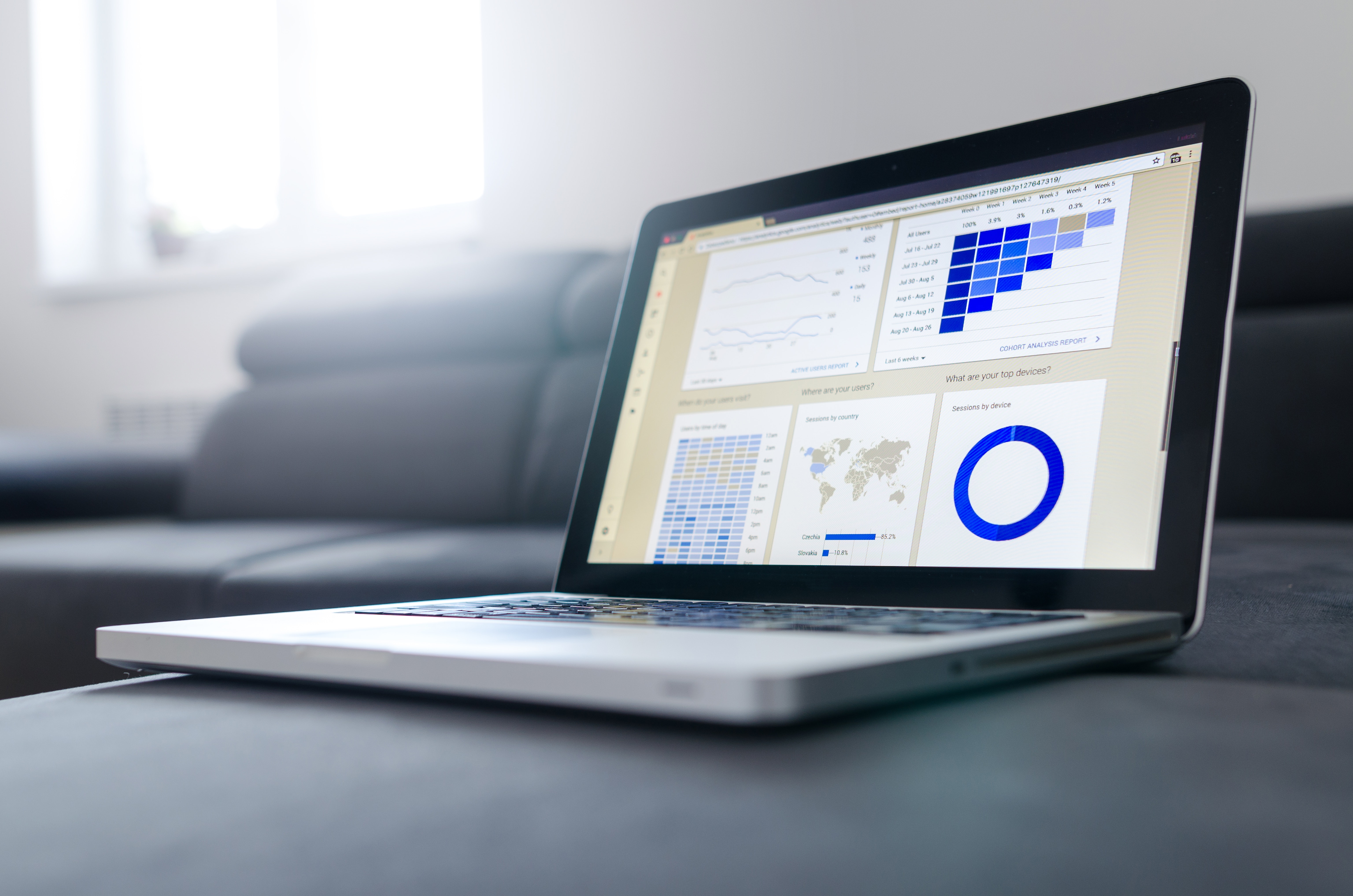Electronic data has many obvious advantages over mountains of paper files. In fact, institutions that have contracted auxiliary services collect so much data that, in the past, vendors would provide the information in stacks of 100 to 200 pages! This data usually consisted of monthly profits, expenses, and loss statements–very valuable information, but in paper form, not very useful for analysis.
As schools embark on new concepts and providers, and especially if they’re issuing RFPs for new partners, it’s very important that they ask to receive data and reports electronically (such as Excel files) that can easily be loaded into tech systems for analysis.
Because, as you can imagine, rekeying all of the information included in a 200 page vendor report takes a ridiculous amount of time. So much so that many institutions didn’t do it, so they were missing out on valuable information that would help them make proactive business decisions.
Prepare for Audits
Although audits only occur once a year, colleges and universities should stay audit ready and keep in mind that auditors prefer to receive information electronically. This way, they can easily bring up any type of information related to the school’s contractual relationship, including contracts and details of sales records from auxiliary services.
Historically, auditors had to ask someone in the auxiliary services department for the relevant information, which meant someone had to spend their time sorting through stacks of paper to find the correct one and pass it off. By centralizing all data electronically in one accessible place, staff time spent finding information and answering the auditor’s questions can lead to a significant decrease in labor costs.
Final Thoughts
In the end, you want to ensure that you receive and collect electronic data from vendors by asking for electronic data in RFPs and subsequent contracts. This way, your expectations of collecting information are up front and in writing, and you can now more easily analyze your data and translate it into meaningful information.


